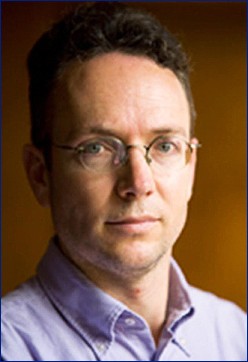First joint Forum UoS-SPU Universities Saulaimani
Main menu
Dr. Michiel M. Leezenberg

© NIAS
Born 1964 in Groningen, Netherlands. Studied classical philology, philosophy, and linguistics at the Faculty of Philosophy of the University of Amsterdam. Ph.D. in 1995. Ass. Professor of Philosophy at the University of Amsterdam. In 1992, he was an election monitor in the first regional elections held in post-
Summary Michiel Leezenberg: The future of northern Iraq's minorities
Ethnic and sectarian minorities
Parts of Northern Iraq, and more precisely the disputed territories on the frontier between the Kurdistan region and Baghdad-
Yezidis
Best known among these minorities are the Yezidis, who mostly live – or used to live – in Sinjar and in Sheykhan region North of Mosul, and the Christians of various dominations who traditionally lived in Mosul city, Ninewah plain, the Ain Kawa quarter in Erbil and elsewhere. But there are also other sectarian groups, like the Shabak in Ninewah plain; the Kakais in Kirkuk area; and the Turcomans living in Tell ‘Afar and elsewhere. The ethnic and sectarian status and identity of these groups is ambiguous and negotiable.
Confrontation with former Baathist government
Between the 1960s and 1980s, these groups were caught up in the confrontation between the secular nationalisms of the Baathist government in Baghdad and the Kurdish movement. In the 1987 census, they were allowed to register only as Arabs or Kurds; many of them were also targeted in the genocidal 1988 Anfal operations and their aftermath. The parallels between the 1988 and the 2014 genocides are ominous, and worth studying in detail.
Situation in the 1990s
In the 1990s, some of these groups could return to their homes in the de facto independent Kurdish-
Fundamental change 2003
The 2003 war changed everything. Overnight, much though not all of the disputed regions fell into Kurdish hands. Thus, Ninewah province, though de jure part of a Sunni Arab-
Minorities threatened by IS
One may ask whether the ousting of IS has addressed any of the underlying problems and fault lines. Currently, the future existence of these minorities in their traditional habitats is seriously in jeopardy: not only their continued existence as distinct groups is threatened, but even their very presence in the region.
Only solution Baghdad-
Any solution to the outstanding questions depends on relations between Baghdad and Erbil, and in particular on the question of whether Article 140 can be successfully and peacefully implemented. The KRG has been seriously weakened by the fallout of the referendum, and appears more willing to negotiate and seek compromise solutions; the main outstanding question is whether the Baghdad government can do the same.